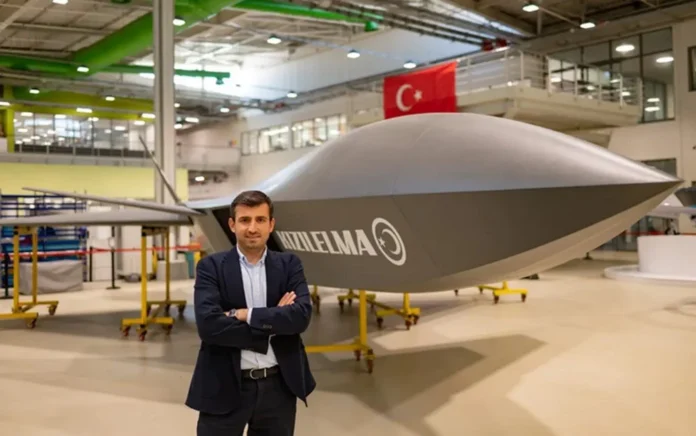Turkey’s recent advancements in unmanned aerial vehicles (UAVs), both unarmed (IHA) and armed (SIHA), have garnered significant international attention. The Bayraktar TB2, produced by Baykar Makina, has been particularly prominent, playing a crucial role in conflicts such as Libya, Syria, and Nagorno-Karabakh. However, the financial picture behind these achievements paints a concerning reality, potentially exacerbating Turkey’s ongoing economic crisis.
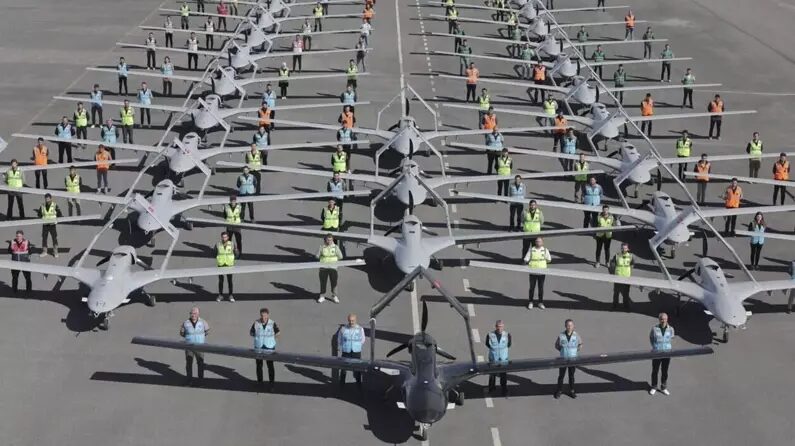
Costs, Conflicts of Interest, and Economic Crisis
The Turkish lira’s 35-fold devaluation against the US dollar over the past 10-12 years highlights the severity of the country’s economic problems. Factors like corruption, bribery, and mismanagement are cited as underlying causes of this crisis. The costs associated with UAV projects are now under scrutiny as a contributing factor.
The fact that Selçuk Bayraktar, the owner of Baykar Makina, is the son-in-law of President Recep Tayyip Erdoğan raises questions about the transparency of procurement processes in this sector. Allegations suggest that the prices paid for each UAV and SIHA from state funds are significantly higher than publicly known figures. This discrepancy fuels concerns about corruption and overshadows the achievements of these aerial vehicles, potentially deepening the economic crisis.
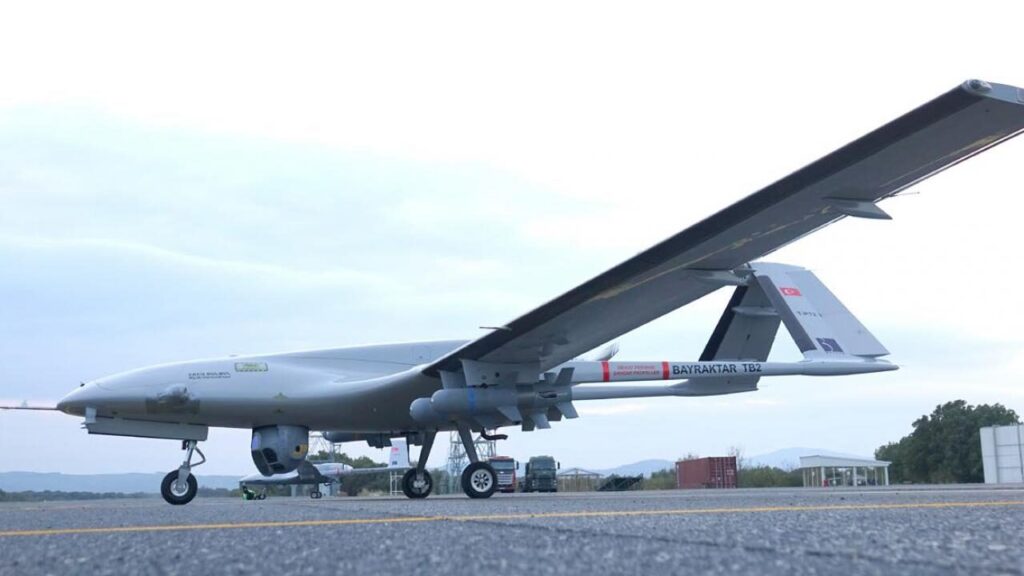
International Comparison: Turkey and Other Countries
The costs of Turkish UAVs and SIHAs have raised eyebrows not only domestically but also internationally. Some experts question the cost-effectiveness of these projects in Turkey, especially in light of the country’s economic challenges. This has led to concerns that while UAVs and SIHAs represent a significant step forward for Turkey’s defense industry, they might also be contributing to the economic crisis.
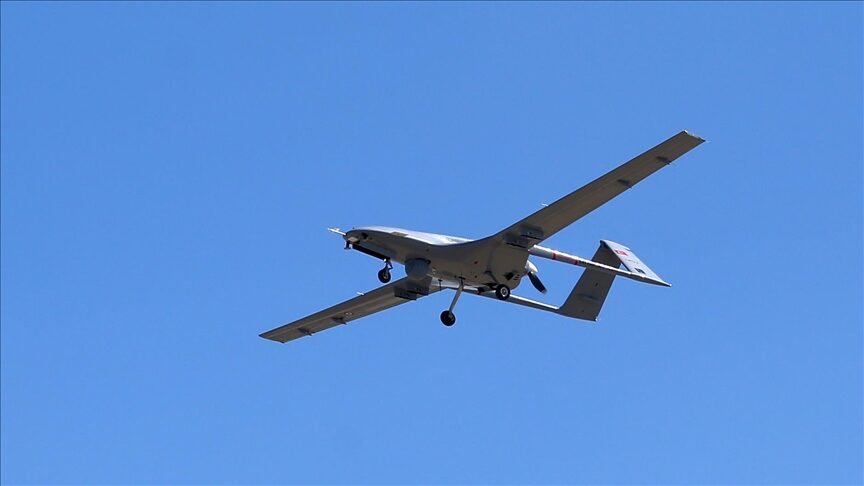
Calls for Transparency and Accountability
The Turkish public has a right to know the true costs of UAVs and SIHAs. Transparency regarding state spending in this area is crucial for building public trust and finding solutions to the economic crisis. Additionally, ensuring fair competition in UAV and SIHA tenders and thoroughly investigating corruption allegations are essential steps.
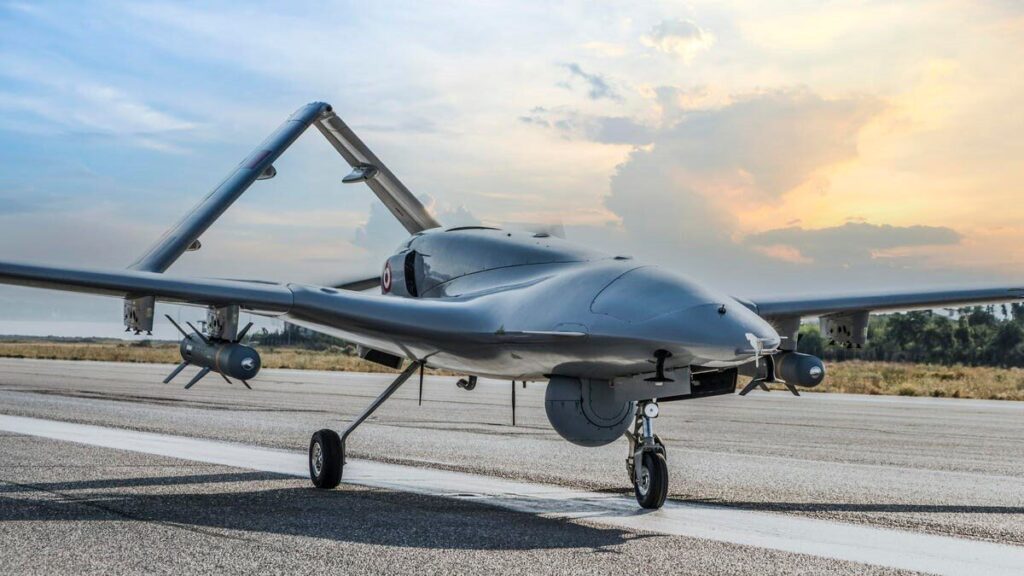
Conclusion
Turkish UAVs and SIHAs are undoubtedly a significant achievement for the country’s defense industry. However, the financial realities behind these successes and their connection to the economic crisis cannot be ignored. The government must prioritize transparency in its spending, address corruption allegations, and focus on cost-effectiveness to ensure that these advancements truly benefit the nation and do not further burden its struggling economy.

